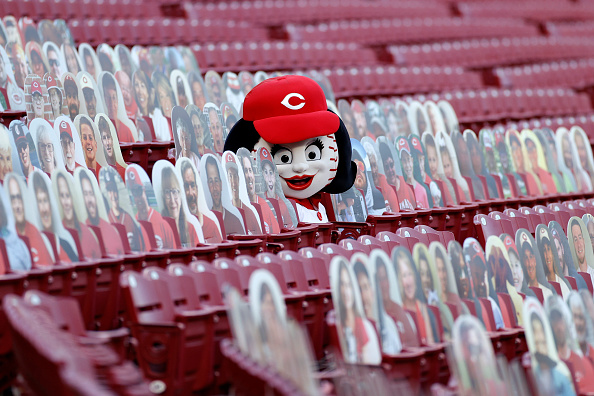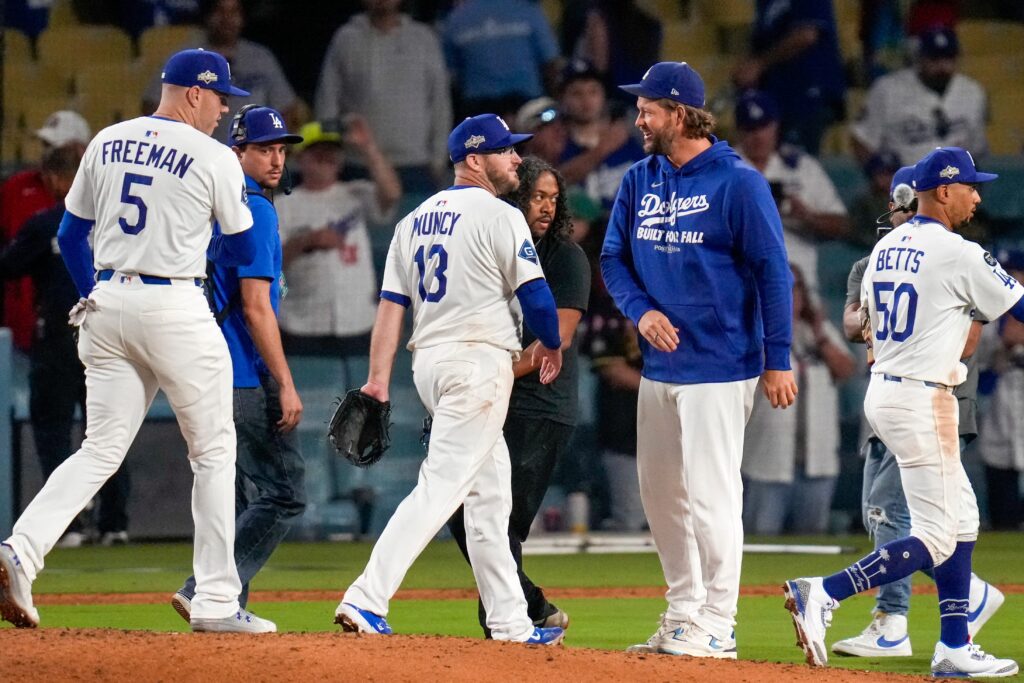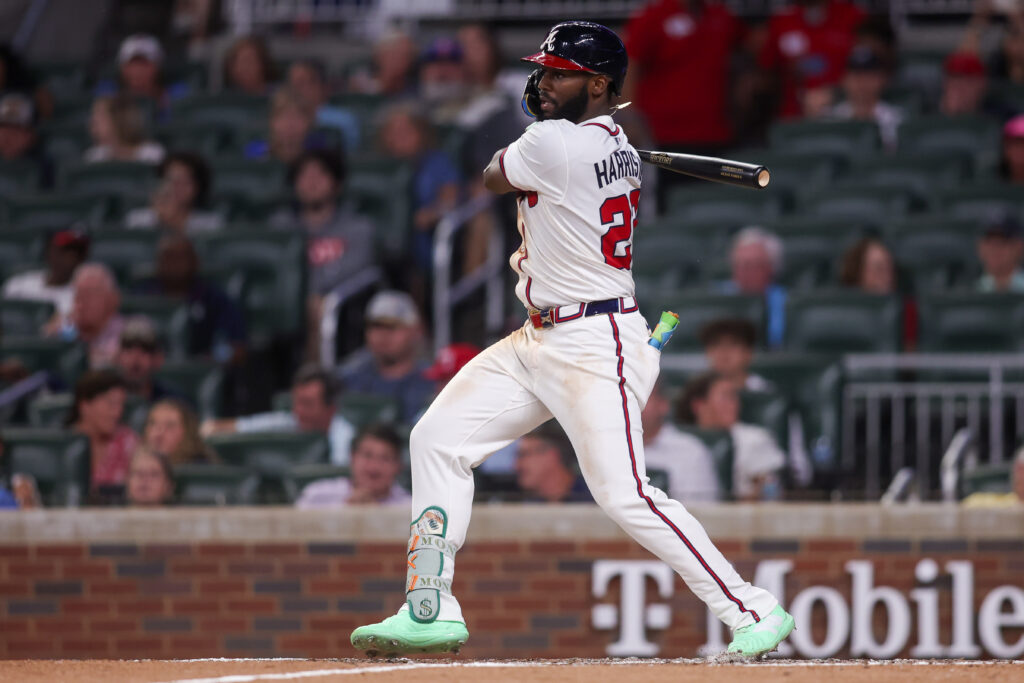Everyone can admit that the 2020 MLB season was a strange and different one caused by the COVID-19 pandemic. Every day felt like playing roulette: it was always a gamble to see not only if all of a team’s players would play, but even if a team would play at all on a daily basis. However, several other important changes were made for the 2020 MLB season beyond accommodations for chronic health concerns. Many of these changes will change the outlook of the sport as we know it.
How COVID-19 Impacted the 2020 MLB Season
Universal DH
Although it does not seem to be the plan moving forward at the moment, the 2020 MLB season opened the door for a long-debated topic: implementing the designated hitter in both the National and American Leagues. The rule changed the landscape of play for the season, with players like Marcell Ozuna benefitting from this rule. He has been subpar in the field over the past few years, so keeping his bat in the lineup without suffering the defensive consequences helped the Atlanta Braves reach the NLCS. After seeing the universal DH play out, expect to see it as a topic of discussion a year from now in the new collective bargaining agreement.
Expanded Playoff
Similar to the universal DH, the MLB experimented with a sixteen-team playoff for the 2020 season. Instead of having a Wild Card game to determine the final team in each league’s Division Series, every team played in a Wild Card round to advance to the Division Series. Normally the playoffs consist of three division winners along with the Wild Card teams. This past season, the teams represented were simply the top two teams in each division. This is also likely not going to remain for the upcoming season, but could also come back the following season based on CBA discussions.
Major Revenue Losses
Right off the bat, teams only playing approximately forty percent of their regular-season games makes for bad news financially. The detriment only compounded when adding the fact that there were no fans in the stands. No fans mean there were no ticket sales, concession sales, or merchandise sales. Teams had to get creative to generate similar ad space as normal for their corporate partners. Some were unable to continue their contract altogether. As a result, teams’ front offices were significantly depleted and their payrolls were as well. Time will tell how long it will take to recover from these losses if they recover at all.
Main Photo:



